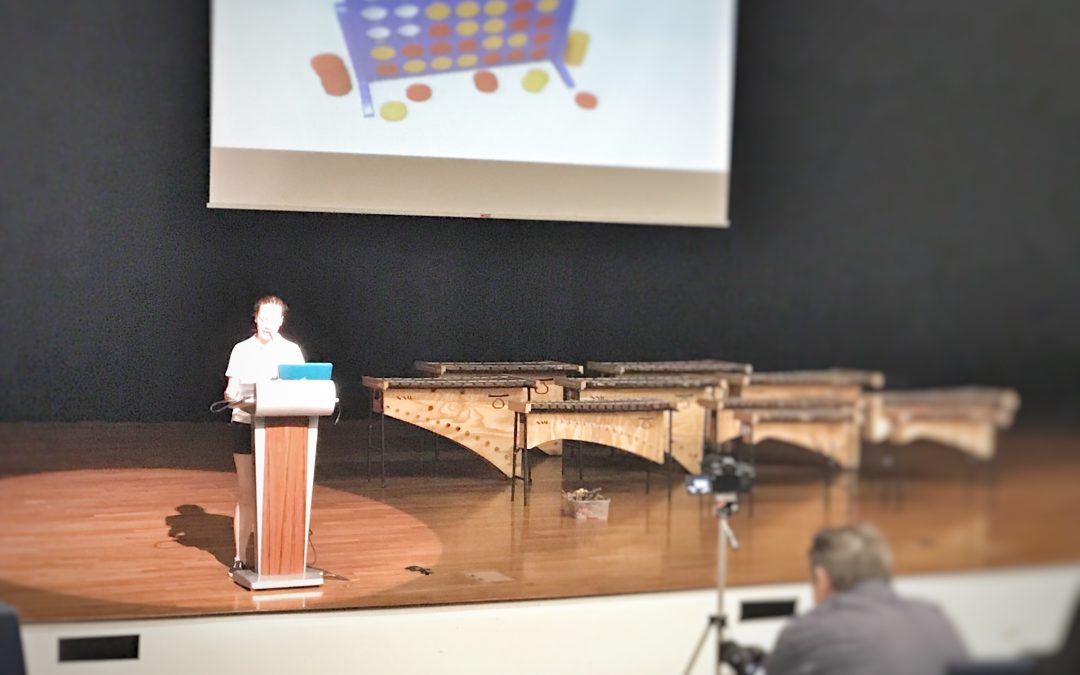Julia, an 11th grade UWCSEA East Scholar, from Berlin, reflects on a refugee camp in Germany. Julie volunteered there for four months, working specifically with young children:
“One hundred families, a hundred families with kids, a hundred families speaking different languages…imagine a hundred families. Have you ever shared a tent with four other people? Remember the smell? Imagine a hundred families. The lack of privacy is indescribable.”
For a high school student, working in a remarkably intense environment, one would expect the work to be emotionally complex, and Julia comments on this expectation:
“We weren’t afraid of the refugees; they were the ones high-fiving me in the woods. We were afraid of the ones setting fires to the refugee camps.”
Julia goes on to describe teaching children how to play Connect Four, she describes the difficulty of doing so in a different language, and unpacks the process of developing relationships, and coming to understand the needs and desires of the refugees:
“Not a single person I met at the camp wanted anything more than an ordinary life.”
What can you do to help make that desire a reality? Does it start with understanding, perspective and, like Julia, a willingness to listen?
Add your voice to our ongoing conversation here.

